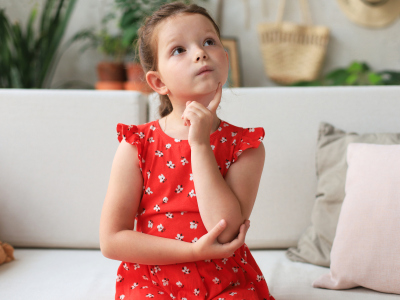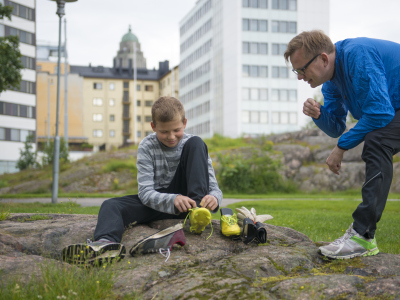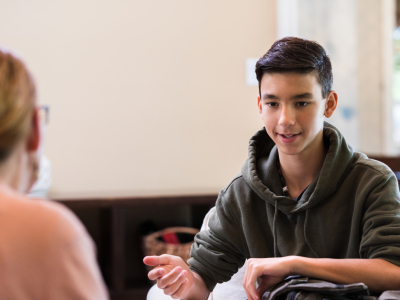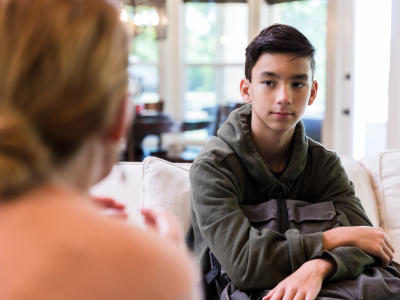Children and young people’s rights

Children and young people’s rights

Children and young people’s rights
We have a law in Norway called the Children Act. It applies to children and young people under 18 and sets out parents’ duties towards their children and children’s rights towards their parents.
Here are some important points in the Children Act:
- When a child is born, the National Registry is notified. The notification must state who the mother and father of the child are and whether they live together.
- As a rule, parents have chief responsibility for their children, and children have the right to care and consideration from their parents.
- Parents have to make sure that their children have food and clothing and other things they need to have a good life until the child is 18.
- Parents have a duty to give their children a good upbringing, and they must always consider their children's interests and needs. The Children Act prohibits the use of violence in bringing up children.
- Parents must ensure that their children attend compulsory primary and lower secondary education and that they receive an education that suits their abilities and interests.
- Children have the right to have access to both their parents, including if they live apart.
- Parents have the right and a duty to make decisions for the child when the child cannot decide for him/herself. Parents should give more and more importance to the child’s opinion as the child grows older. Children who have reached the age of seven have the right to express their opinion before the parents make decisions concerning personal matters affecting the child. The Act states that when a child has reached the age of 12, the child’s opinion shall carry significant weight.
- Children who have reached the age of 15 have the right to make decisions in matters relating to education and to join or leave organisations.
- The age of majority in Norway is 18 years. This means that a child is old enough to enter into legal agreements and have control of their own money. Parents are no longer responsible for the child.
Talk together





- Talk about the photos. What do they have to do with the Children Act?
- Is there a special act protecting children in other countries you know of?
- What does the Children Act mean for parents?
- What does it take for a child to have a good life?
- What kind of role should parents play when their 15-year-old is choosing upper secondary education?
- Which provision in the Children Act do you think is most important?
Select the right answer
Who is covered by the Children Act?
Select the right answer
What does the Children Act say about violence as part of children's upbringing?
Select the right answer
Who is responsible for ensuring that children attend primary and lower secondary school?
Select right or wrong
Read the statements. What is right? What is wrong?
Select right or wrong
Read the statements. What is right? What is wrong?
